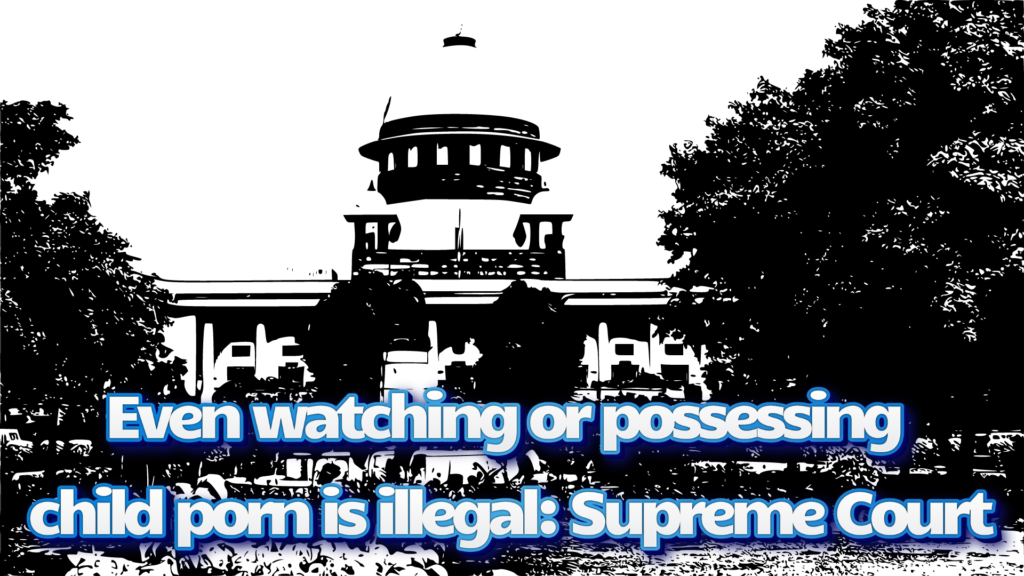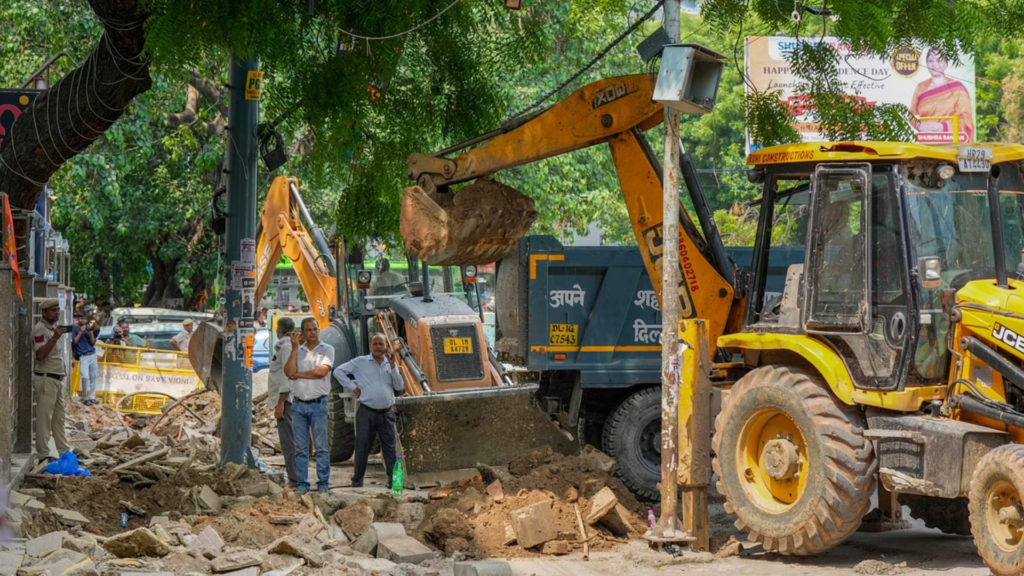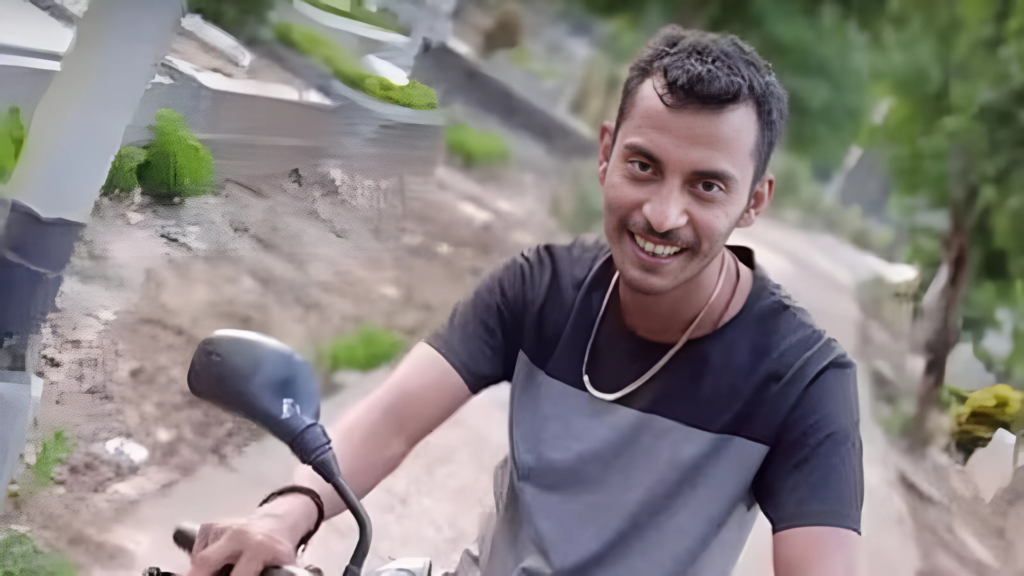Even watching or possessing child porn is illegal: Supreme Court
September 25, 2024 2 min read

Watching or possessing sexually explicit material involving minors is illegal under the Protection of Children from Sexual Offences (POCSO) Act, the Supreme Court ruled on Monday, September 23. It further urged the Union government to promote sex education and to change the legal definition of ‘child pornography’ to ‘child sexual exploitative and abuse material (CSEAM)’ to reflect the true gravity of such crimes.
This order by a bench comprising Chief Justice of India DY Chandrachud and Justice JB Pardiwala overturned a controversial order by the Madras High Court, which held in January that passive consumption of child pornography did not constitute an offence under the POCSO Act or the Information Technology (IT) Act.
The Madras High Court said that a child or children must have been used for pornography purposes to attract charges under the POCSO Act, and Section 67B of the IT Act, which punishes the publishing, transmitting or creating of material depicting children in sexually explicit acts, does not extend to mere possession or viewing.
The Supreme Court, however,—on an appeal by the NGOs Just Rights for Children Alliance and Bachpan Bachao Andolan, supported by the National Commission for Protection of Child Rights (NCPCR)—expanded the legal interpretation of the POCSO Act, particularly Section 15, to include stringent measures against the possession, storage and viewing of child pornography.
The ruling asserted that both the POCSO Act and IT Act should be interpreted in a way that closes any loopholes, ensuring that offenders cannot escape on technicalities.
Along with expanding the ambits of the PCOSO and IT Acts, the court also highlighted the statutory obligations of the POCSO Act under Sections 43 and 44, which mandate the Union and state governments, and the NCPCR, to ensure widespread awareness of the Act through media and provide training to government officials, including police officers, for its effective implementation. These obligations should extend to the provision of sex education and awareness programmes in schools and other educational settings, the court said.









